Year: 2019
-

SCARFACE and the Italian
In the United States during the early 1930s, Prohibition became a gateway for criminal activity that led to a fight for control over the different aspects of illegal goods and services. This new era of criminal underworld, brimming with riches ripe for the taking, attracted the likes of those such as Al Capone, Charles “Lucky”…
-

Shifting Depictions of Mental Illness in Film
Mental illness is an underlying force in a variety of films dating back to the 1940s. Illnesses such as mental disorders, drug, and alcohol addiction are referenced, yet because of the censorship laws, these ideas were either ridiculed or dismissed. In order to call action to these issues, the film industry had to adjust their…
-
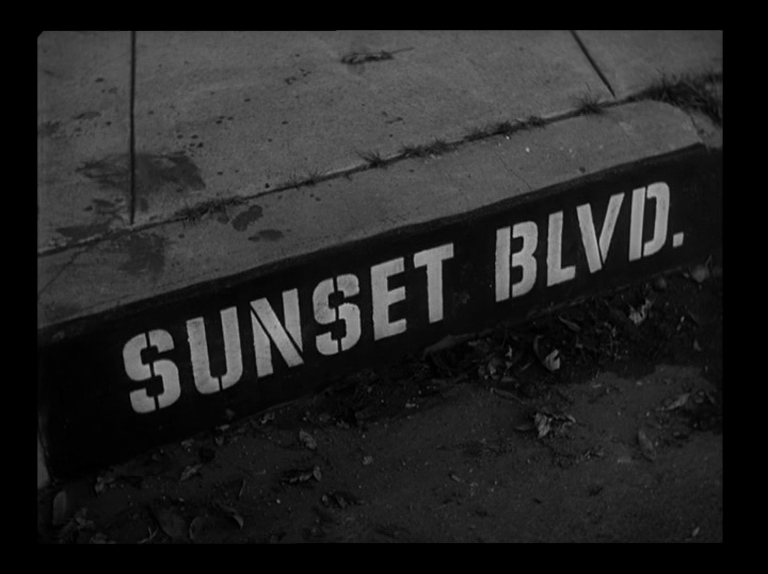
Classifying a Film as Noir Through Themes
Introduction The topic this paper assesses is the use of certain themes in film noir of the 1950s; namely the themes of wealth and the ever-present strain on the protagonists to attain wealth or sustain financial stability and security. This topic is important because it explains the motivations of the characters’ actions in noir films.…
-
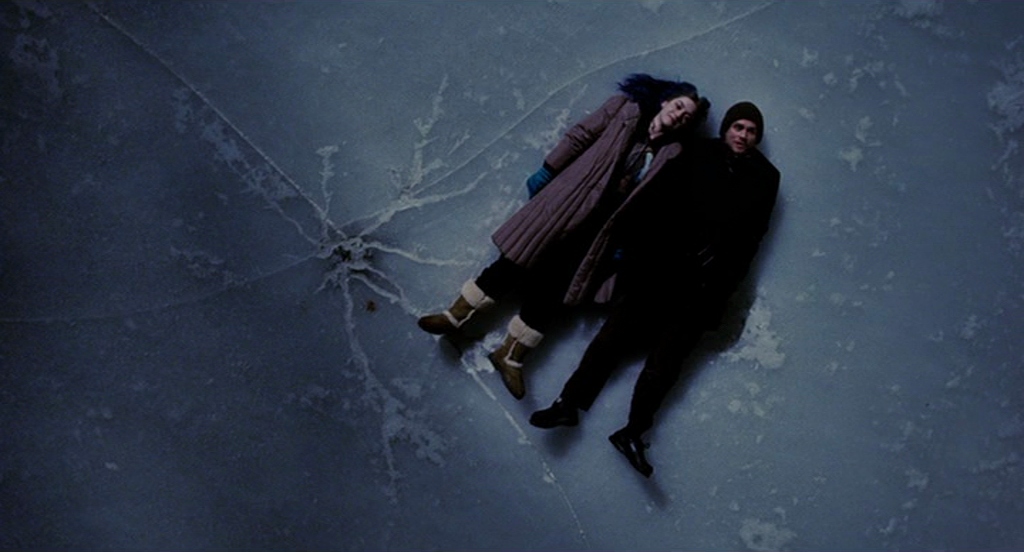
Patterns for Clarity, Narrative for Style. An Analysis of the Cinematic Techniques used in ETERNAL SUNSHINE OF THE SPOTLESS MIND
In Eternal Sunshine of the Spotless Mind, Michel Gondry uses patterns enhanced by the cinematic techniques of Joel’s memories to make sense of the complicated narrative he presents. With so many themes, elements of symbolism, and the creative structure, these patterns help to guide the viewer and reinforce the lesson he wants the viewer to…
-

The Phenomenon Of KIMI NO NA WA: A Study of the International Success of Anime and Japanese Media
The East Asian country of Japan has a modern history of what can be called an identity crisis. In 1873, the country abolished Japanese and declared English to be the national language.[1] While this has obviously changed since then, the country has always had an obsession with westernization. In his book, Return to Asia? Japan…
-

Queer Cinema: Hegemonic Negotiation of Repressive Dominant Ideologies in CALL ME BY YOUR NAME
Since the turn of the 21st century, Hollywood has seen a growing number of queer narratives being produced and marketed to mass audiences. Although these representations are being made, they are still few in comparison to the amount of films that portray the ideals and values that can be considered the dominant ideologies of American…
-

Female-Driven Films: Reception and Impact of ROUGH NIGHT
The movie Rough Night follows the reunion of five friends who get together to have a bachelorette party. Jess (Scarlett Johansson) is getting married, and a fun night away in Miami with her friends is exactly what she needs to take her focus off of a stressful state senate campaign. But the celebration is cut…
-
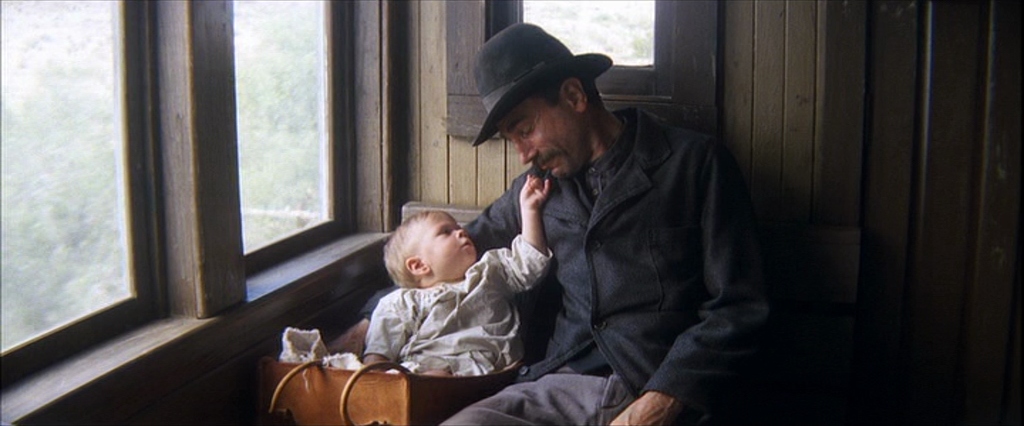
Technological Success, Emotional Failure: Civilization and Unhappiness in THERE WILL BE BLOOD
Happy is the man free of business cares, who, like the men of olden days, ploughs the family fields with his own oxen and neither lends nor borrows. — Horace, Beatus Ille[1] In his essay, Civilization and Its Discontents, Sigmund Freud seeks to connect the unhappiness of man as an individual to civilization and society,…
-
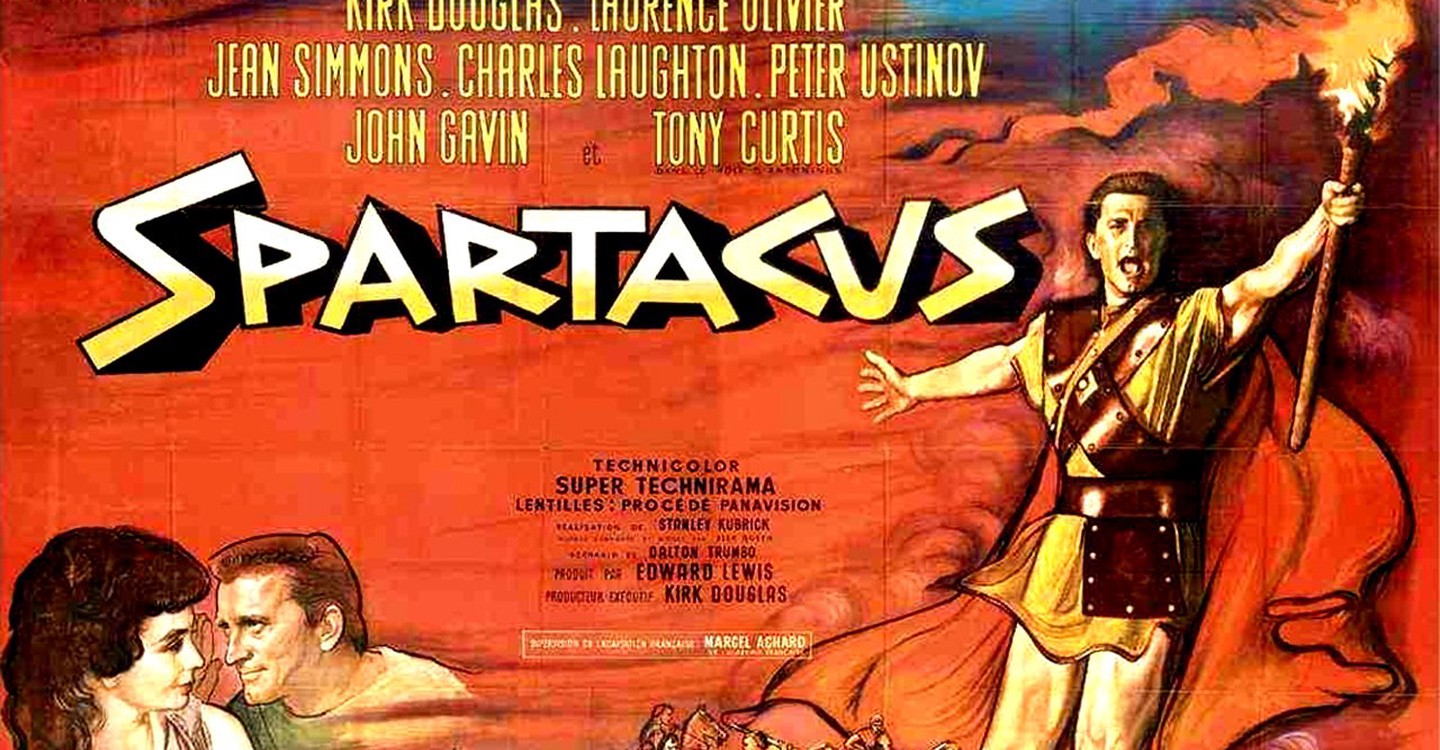
SPARTACUS and the End of the Blacklist
During the time of the blacklist, a group of screenwriters were forced into hiding because of the HUAC trials. Many of those writers, and some directors, were not able to work because of the outcome of those trials. This group, called the “Unfriendly Ten”, were pushed out of Hollywood almost entirely because of the trial…
-
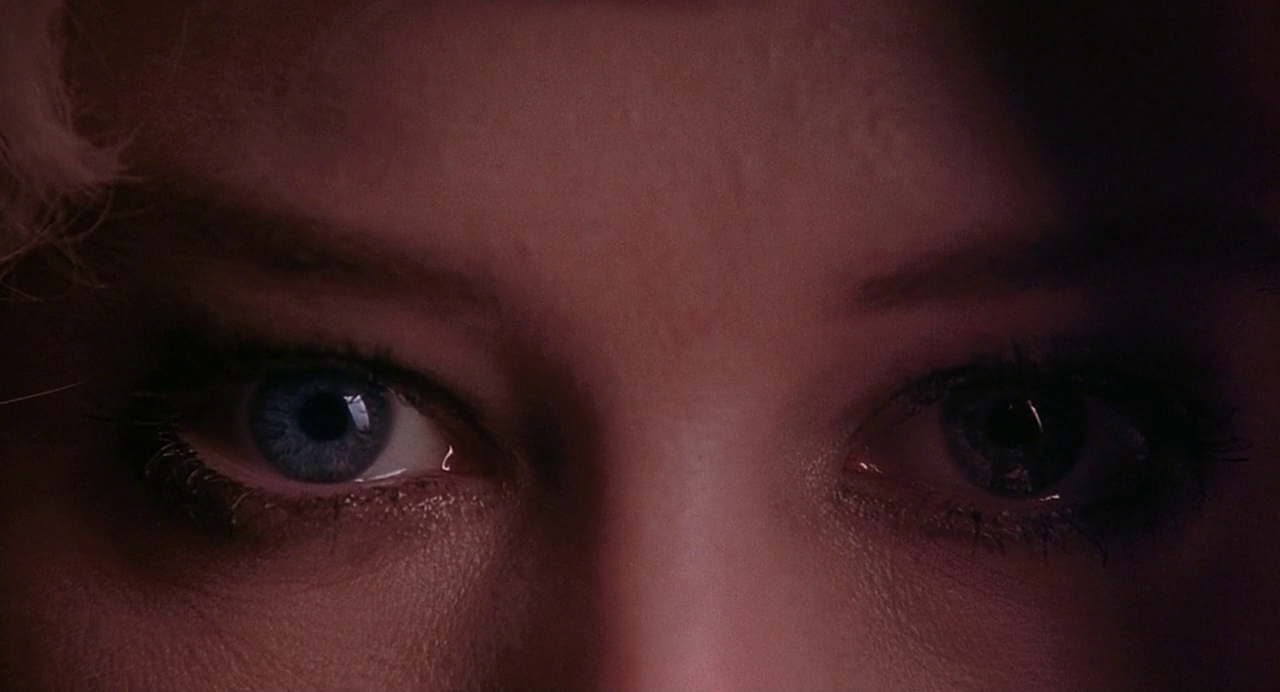
Scopophilia and Spectacle: The Pleasure of Looking at “Chicago”
Looking at women as objects in film is not a new concept; it has been around since the beginning of motion pictures. Before that, it was also a concept in photographs and clubs. Men love to look, and some women love to be looked at. This is discussed in Laura Mulvey’s essay, “Visual Pleasure and…